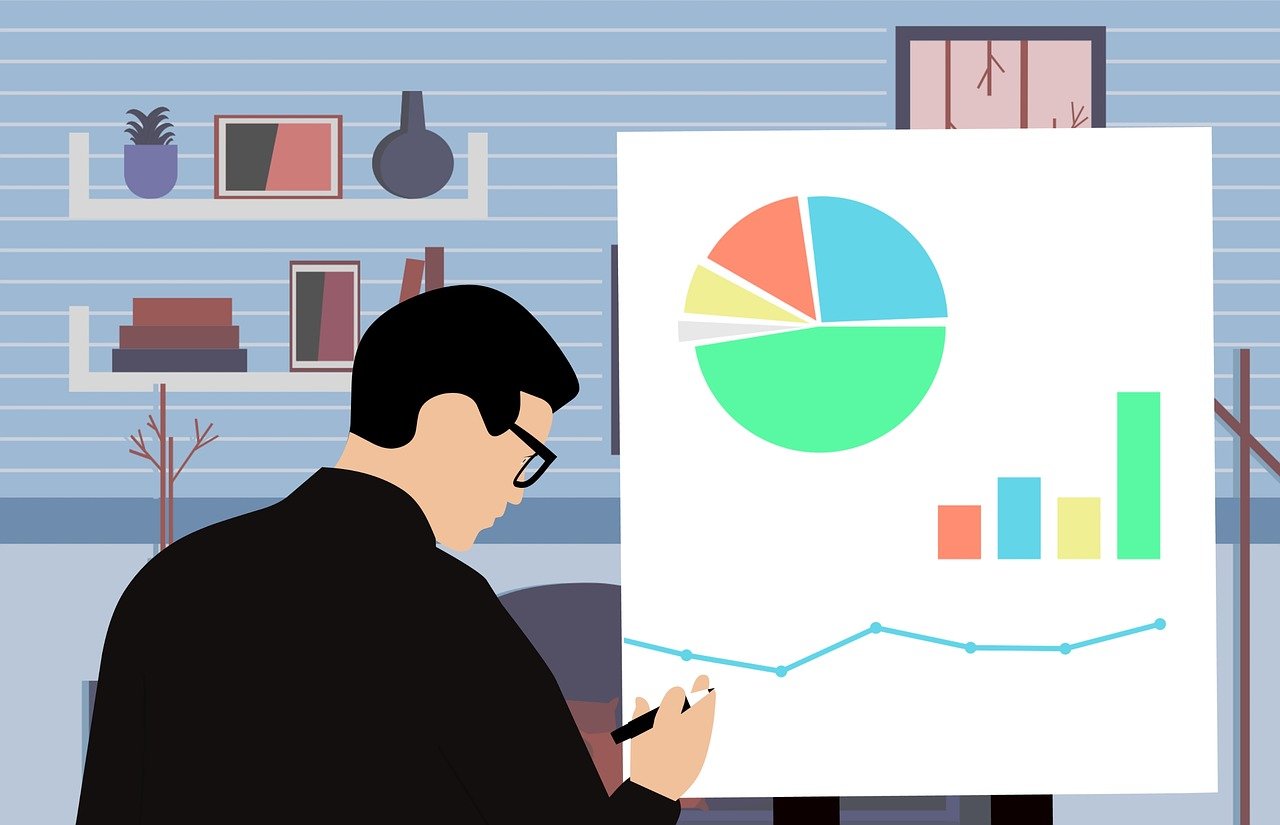The POS system is one of the most important investments to make for any small retail business. It helps you run your shop smoothly and efficiently. POS stands for Point Of Sale, which means that it’s useful in sales operations. This system is an electronic device that allows you to do several things at once: keep track of inventories, sell products, operate customer loyalty programs, maintain accounts receivable and payable records, produce reports on how product inventory levels are moving.
Pos systems also allow businesses to manage their products better, secure information about all transactions made by customers and employees. Still, they can also be used for creating jobs easier for staff members working in the retail store where the POS system has been installed. The best part about using a POS system is that it can be used in various retail and hospitality industries.
Here are other key benefits of using a POS system:
Maintaining Accounts Receivable and Payable:
Most POS systems offer features that allow you to manage your accounts receivable and payable records. This helps you keep track of how much money is owed to/by your business, which could come in handy when preparing invoices or understanding where your business stands financially. With the small business POS system, according to Harbortouch, you can also track your cash cycle and know where your money is going. Most POS systems also provide features that allow you to create reports on various aspects of your business like sales, profits, employee performance, customers.
Keeping Track of Inventories:
POS systems help you keep track of your product inventory levels, which can come quite handy when planning up your next purchase, which is essential for small-scale businesses. The reports generated by the POS system also help you know what products are selling more than others so that the ones who aren’t selling as much might be removed from the inventory list.

Automating Jobs:
Most POS systems come equipped with features that allow you to automate different tasks. For instance, you can set up the system to print receipts and invoices as soon as products are sold or email purchase orders directly to your suppliers. You can also program the system to update stock levels when products are sold or received automatically and reorder items when inventory levels reach a critical threshold.
Many POS systems also allow you to check out your customers more quickly by increasing the speed of processing transactions. The system can be programmed to automatically calculate the tax for your customer based on their purchase information, saving them time at checkout.
Operating Customer Loyalty Programs:
Loyalty programs have become very popular these days, with most businesses offering their customers points or discounts on their purchases. These points/discounts could then be used later on at the same store or any other participating stores under their network. The best part about using a POS system for loyalty programs is that it can help you keep track of the redemption rates and monitor how much money your business is making from the program. All this data can be easily accessible, and you can even customize your loyalty program to suit your customers’ needs.
Saving Time:
With a traditional cash register or spreadsheet, calculating sales figures is much more time-consuming than doing it via a POS system. POS systems also allow you to create reports on various aspects of your business like sales, profits, employee performance, and customers. As a result, companies save valuable time by providing them with useful data in one place rather than spending hours searching through paperwork for specific information. This saves businesses time as they don’t have to spend time calculating sales figures and focus on other business aspects.
Monitoring Customer Purchases:
POS systems provide a detailed breakdown of a customer’s purchase history, allowing businesses to get an idea about what products they are most interested in. This also lets you see trends in your customers’ purchasing habits. For example, suppose most of your orders from a certain customer seem to be items that go together. In that case, you could add more of those complementary items to your stock list/merchandise display racks.
Overall, a POS system can provide your business with numerous benefits that can help you manage your sales and operations more effectively. The above are some of the key benefits that companies can expect to receive when switching to a POS system. If you’re still unsure whether using a POS system is the right decision for your business, then speak to an expert who can help you weigh the pros and cons of using one.





